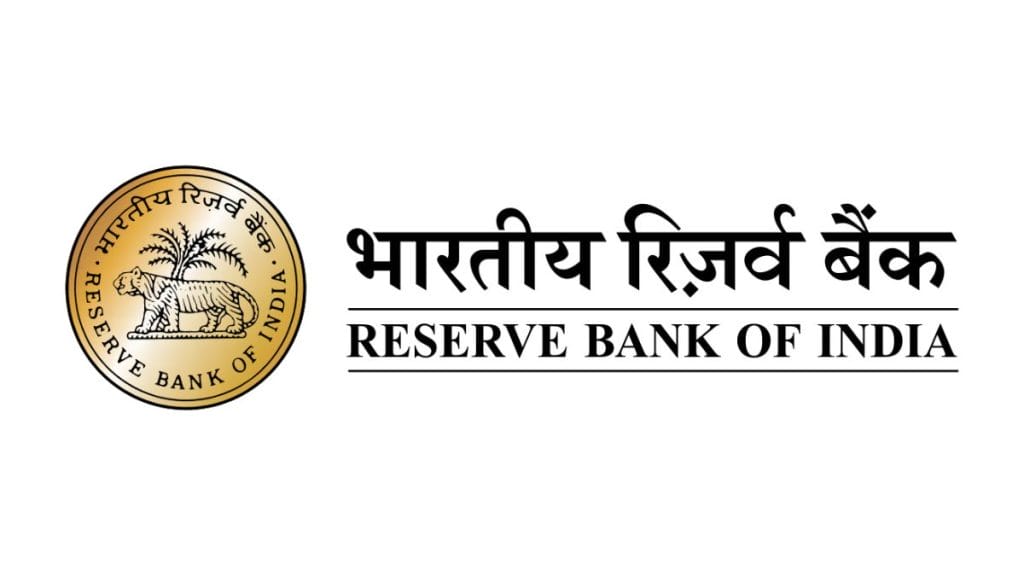New Delhi: India’s economy is expected to grow at a moderate pace of between 6 and 6.5% in the fiscal year 2023-24, according to a report by the Reserve Bank of India (RBI).
The central bank said that while the country’s economic activity has picked up in recent months, the ongoing COVID-19 pandemic and the associated containment measures could weigh on growth prospects.
The report noted that the vaccination drive has gained momentum, which could help to mitigate the impact of the pandemic on the economy. However, it warned that the virus could mutate, leading to fresh waves of infections and further disruptions to economic activity.
In addition to the pandemic, the report highlighted the risk of global commodity price increases and geopolitical tensions, which could impact India’s growth prospects.
Despite these risks, the RBI said that the country’s growth outlook remains positive, with improvements in both domestic and external demand, as well as in the outlook for agriculture and manufacturing sectors.
The report also noted that inflationary pressures are expected to ease in the near term, providing some relief for consumers. However, it warned that rising fuel prices and other supply-side constraints could put upward pressure on inflation in the coming months.
The RBI’s projections are broadly in line with those of other analysts, who have also forecast a moderate recovery for India’s economy in the coming year.
Last month, credit rating agency Moody’s projected that India’s GDP would grow by 6.2% in the fiscal year 2022-23, following an estimated contraction of 7.1% in the previous year.
Similarly, the International Monetary Fund (IMF) forecast that India’s economy would grow by 6.9% in the current fiscal year, following a contraction of 7.7% in the previous year.
India’s economy has been hit hard by the COVID-19 pandemic, with widespread lockdowns and supply chain disruptions leading to a sharp contraction in economic activity in 2020.
The government has introduced a range of measures to support the economy, including a $266 billion stimulus package and a series of sector-specific measures aimed at boosting growth.
While the pandemic continues to pose significant challenges to India’s economy, the country’s policymakers and businesses are hopeful that a combination of vaccination campaigns and economic reforms will help to spur a sustained recovery in the coming years.





